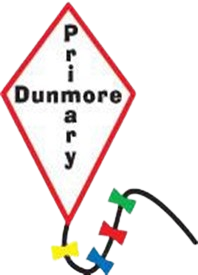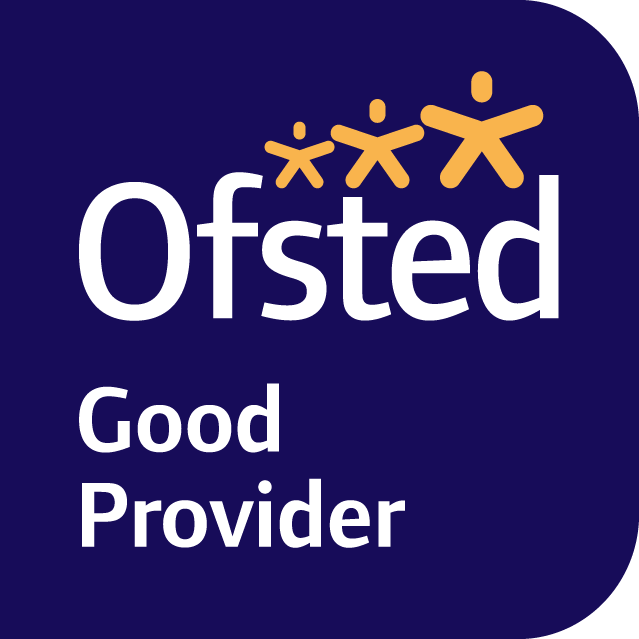British Values
Promoting Fundamental British Values
In accordance with the Department for Education, we aim to actively promote British values in schools to ensure young people leave school prepared for life in modern Britain. Pupils are encouraged to regard people of all faiths, races and cultures with respect and tolerance whilst understanding that, while different people may hold different views about what is ‘right’ and ‘wrong’, all people living in England are subject to its law.
The key values are:
- Democracy
- Rule of law
- Individual liberty
- Mutual respect
- Tolerance of those of different faiths and beliefs
Our British Values Statement
At Dunmore, we take seriously our responsibility to prepare children for life in modern Britain. We value the ethnic backgrounds of all pupils and families.
We ensure that the fundamental British Values are introduced, discussed and lived out through the ethos and work of the school. All curriculum areas provide a vehicle for furthering the understanding of these concepts. Our cross-curricular approach provides excellent opportunities to deepen and develop understanding developing the spiritual, moral, social and cultural education of our children.
The school makes considerable efforts to ensure children have exposure to a broad experience beyond their local community during which these concepts are shown, through, for example, sporting events, a range of educational visits and performing arts events.
We value the voice of the child and promote democratic processes, such as our school council whose members are voted for by the children. Ideas and events are planned and discussed with a chance for debate and putting forward points of view. Older children also have many other responsibilities, many of them elected by themselves, for example, House Captains, Play leaders, Head Boy and Girl. We expect all our children to be good role models for each other, which is encouraged through high expectations of behaviour.
Some examples of how we promote values fundamental to our community are outlined below. Many are not so easily quantifiable, but are values that you would see when visiting us, in the care and respect that we have for one another. The quality of the relationships at Dunmore is something that is frequently commented upon by visitors.
Fundamental British Values
1) Democracy
Statement: The children at Dunmore see democracy borne out in a whole variety of ways and see this as being an essential component of successful team working.
Evidence: The establishment of a new School Council each year models the democratic process.
Impact: Children are able to work cooperatively in pairs and groups as well as in whole-class situations. They understand turn taking and respecting the views of others. Children in school and in KS2 in particular are able to use the language of respect.
2) Rule of Law
Statement: The children at Dunmore are familiar with this concept through the philosophy that infuses the entire work of the school. They are familiar with the concept through the discussion of values and, in RE lessons, the idea that different religions have guiding principles.
Evidence: Class and School Rules, School Council meetings, Collective Worship RE lessons, Visits from authorities such as the police and fire service.
Impact: Children are able to articulate how and why they need to behave in school and demonstrate they understand and can abide by these. Children all know that they have a right, but that with a right comes a responsibility.
3) Individual Liberty
Statement: At Dunmore, pupils are actively encouraged to make choices, knowing that they are in a safe and supportive environment. Pupils are encouraged to know, understand and exercise their rights and personal freedoms and are advised how to exercise these safely.
Evidence: Children are able to show independence in learning and to think for themselves. PSHE lessons Pupils are given the freedom to make choices, e.g. signing up for extracurricular clubs, choosing the level of challenge in some lessons, Launchpad and Performing Arts choices.
Impact: Children understand the importance of accepting responsibility and of their right to be heard in school. They are consulted on some aspects of school life and demonstrate independence of thought and action, e.g. in School Council and class discussions.
4) Mutual Respect and the Tolerance of those with different Faiths and Beliefs
Statement: At Dunmore respect can be seen and felt in our pervading ethos in school. We all know and understand that it is expected and imperative that respect is shown to everyone, whatever differences we may have.
Evidence: Everybody is valued and respected, evidenced in the everyday life of the school.
Impact: Children can articulate that about respect, and why it is important, and how they show respect to others and how they feel about it for themselves. Children’s behaviour demonstrates their good understanding of this value in action.

